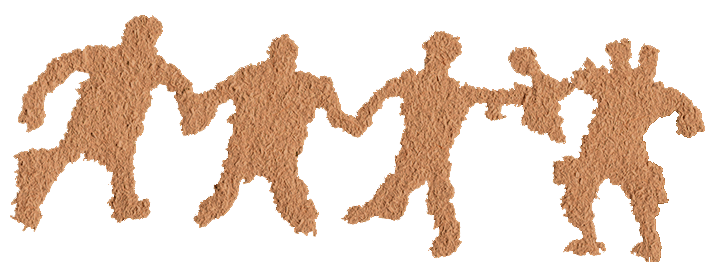| cahlahke |
s/he has a cold or catarrh |
| esocu |
s/he is chilled to bone; (shirt, etc.) cold comes through h/ |
| esoton |
it is chilled all the way through; (hat, wall) cold comes through it |
| estoksuke |
(garment) draft comes through h/, it; (fabric) s/he, it lets cold come through |
| keckuluwiw |
s/he has a cold, catches a cold |
| koloton |
it freezes, is frozen; (figuratively; e.g., body part) it gets cold |
| kse-tkeyu |
cold comes in |
| ksinhokehe |
s/he gets a chill, catches a chill (from exposure to cold, as result of eerie experience, etc.); s/he feels chilled, feels a chill |
| ktopeq |
(water source) spring; cold water |
| ktopeqon |
there is spring of cold water |
| kuhucu |
s/he feels cold |
| kuhutsewe |
s/he wears clothes too thin for cold weather |
| kutaskikocu |
s/he has cold feet |
| kuwocu |
s/he feels cold |
| mace-kuhucu, mace-kuwocu, mace-kucu |
s/he starts to feel cold, is getting chilled |
| mace-tkeyu |
it starts to get cold |
| minuwe |
s/he catches cold again |
| motiyasqocu |
s/he is heard snapping or cracking because of extreme cold (e.g., tree, ice on lake, bottle filled with ice) |
| motiyasqoton |
it is heard snapping or cracking because of extreme cold (e.g., wood in house wall) |
| peci-tkeyu |
it grows cold, becomes cold |
| 'sami-tkeyu |
s/he, it is too cold (to the touch); (ii; weather) it is too cold |
| sesocu |
s/he is so cold that s/he cries |
| siktewocu |
s/he is cold, feels cold (see examples) |
| skewocu |
s/he gets cold easily, is sensitive to cold |
| 'tahkehlal |
s/he cools h/ |
